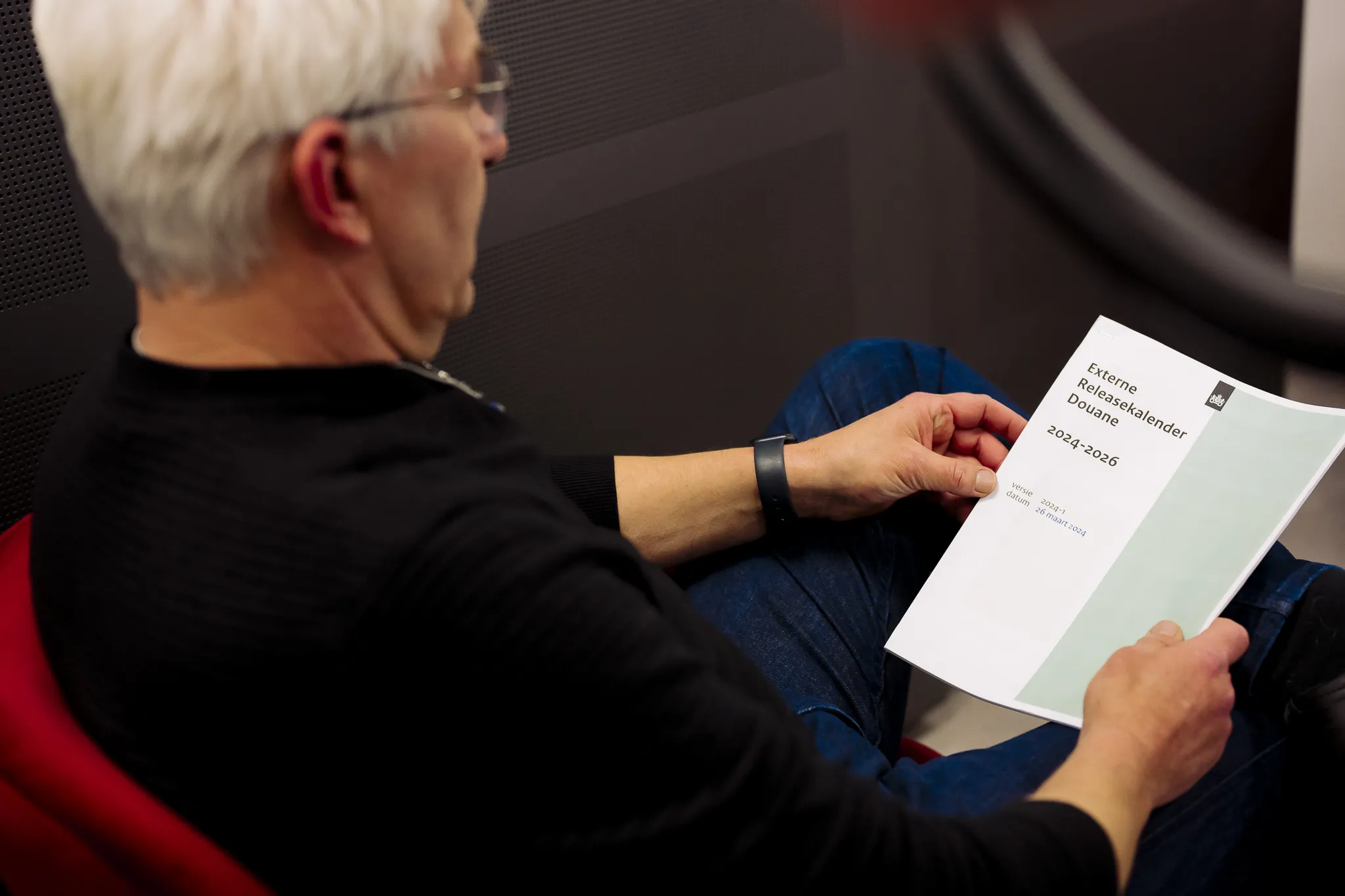Van der Helm Logistics informs: NEa enforcement at CBAM
From Jan. 1, 2026, stricter enforcement will go into effect for anyone importing Carbon Border Adjustment Mechanism (CBAM) goods into the European Union. All importers must not only have an authorization, but also file an annual verified CBAM declaration. In addition, importers are required to pay for carbon emissions through CBAM certificates.
Leading up to this date, there is a transition period during which CBAM proponents have time to prepare for the new regulations. Until Jan. 1, 2026, importers are already required to report quarterly on CO2 emissions from imported goods. The NEa has prepared a weighting framework for this purpose to give CBAM applicants more clarity.
NEa expectations during the transition period.
The NEa’s weighting framework answers important questions and provides guidance for CBAM submitters. The main points are:
- Obligations during the transition period: CBAM applicators must report quarterly on the CO2 emissions of their imported goods. This is intended to gain experience and familiarity with the reporting requirements before the final regulations take effect.
- Consequences of non-compliance: If a CBAM declarant fails to submit a report or submits an incorrect report, the NEa may take enforcement action. This can lead to fines and other penalties.
- Fines and penalties: The NEa has the authority to impose fines on CBAM submitters who fail to comply with their reporting requirements. Fines are imposed depending on the severity and frequency of the offense.
- Distinction between large and small importers: The weighting framework distinguishes between large and small quantities of imports and their associated embedded emissions. This means that enforcement will be proportional, taking into account the volume of imports and associated emissions.
Evaluation and adjustment of the weighting framework
The current weighting framework covers CBAM reports for the third and fourth quarters of 2024. After this period, the NEa will evaluate the weighting framework and, if necessary, adjust it. This is to ensure that regulations remain effective and consistent with the practice of CBAM applicants.
Preparing for 2026
Van der Helm Logistics advises all CBAM applicators to take this transition period seriously and prepare well for the final regulations that will take effect from 2026. Reporting carbon emissions on time and correctly is essential to avoid fines and other penalties.
Through these measures, the NEa aims to contribute to transparent and fair trade in the European Union, taking into account environmental impact and greenhouse gas emissions.
For more information on the new regulations and how you can prepare for them, contact our customs services specialists.
